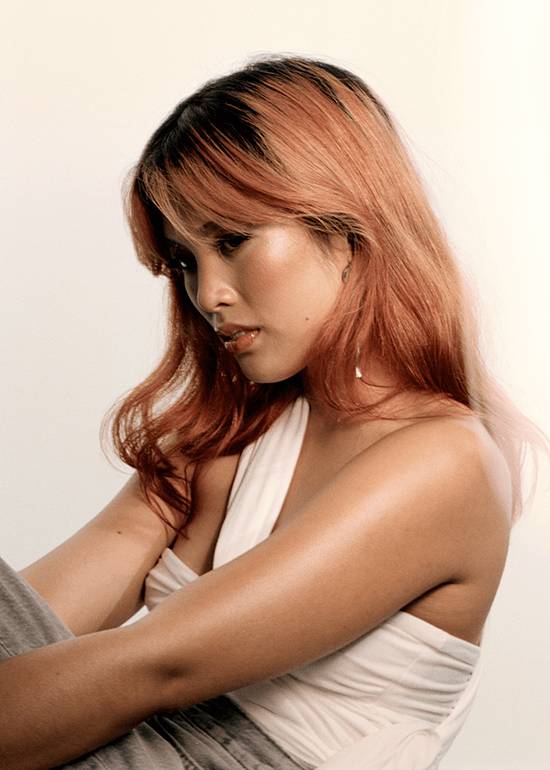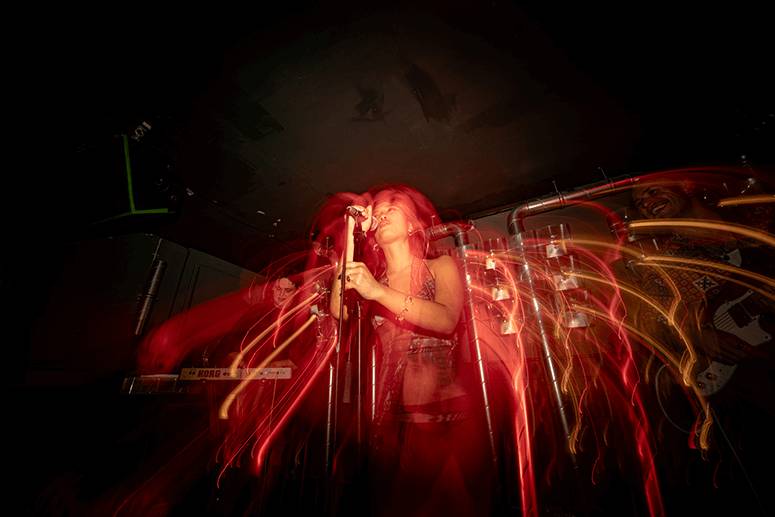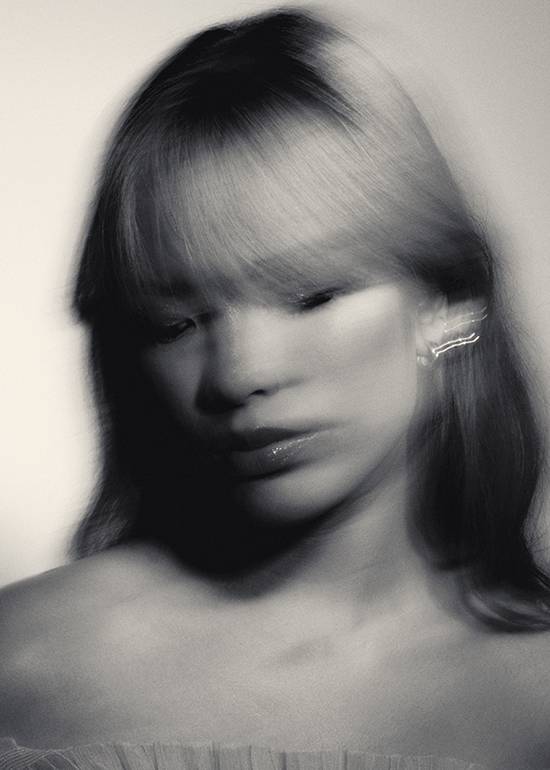‘Everything’s been hard-won’: Niki Colet on her EP ‘We Only Ever Meet in Strange Dreams’
Any artist is driven by the need to birth something, an idea almost tugging at their sleeve until it is made. For some, this is done easily through intense process and time alone. But for others, this is through collaboration, exploration and experimentation, with time as witness. This is how Filipina musician Niki Colet created a record that’s completely different from what she’s used to making, 7,000 miles away from home.
We talk to Colet about her experience making music in Manila, leaving home and rebuilding her identity, finding creative collaborators in London, and making meaningful work through a difficult time.
YOUNG STAR: It would be difficult to talk about your current work without talking about your music career here in Manila, so let’s begin there. Have you always known that you were going to be doing music full-time?
NIKI COLET: I started writing songs when I was 10. By the time I turned 12, I’d written like a hundred songs. I loved it so much. I had this dream of pursuing music and being an artist. I wanted to be Britney Spears.
I spent my teen years figuring out how to make music professionally. My first album was an LP that I wrote, recorded, and self-produced when I was 15 and gave away to people at school. I had my first gig at a little bar in Cubao called My Brother`s Mustache—my parents were so encouraging of my love for music but also really protective, so I couldn’t go out and do (more) gigs or anything like that. I would record raw demos on GarageBand and put them up on SoundCloud.

(Since) I started writing songs from such a young age, I attached a lot of my identity to making music. When I got older and started pursuing it full-time, I lost my passion and love for it a little bit. It was difficult and heartbreaking to take a step back from music because I had built my whole life on it. I hadn’t banked on anything else. It was hard to let it go, but also really, really necessary. Now, I can still acknowledge my love for music (but) I no longer tie it so closely to my identity.
Could you tell me more about detaching your identity from making music?
When you grow up with something being so central to your life from a young age, it’s natural to attach your whole identity to it. It’s important to also grow beyond that. It’s important not to be one-dimensional and just be a person in the world. (Music) is a special part of me, but it`s not all of me. There are many different parts of me; there are a lot of things that make up who I am. When I took a step back from music, I (thought), “If I never return to making music again, it`s fine.” Letting go of the pressure allowed me to carry on writing songs.
How did you let go of this attachment? What kind of support did you need or receive, and what things did you need to unlearn?
It was just time. It came from the freedom of being able to live my life and explore other things. I had a steady day job for a few years and was doing interesting freelance work on the side as a writer. Journalism was really fun for me; and so were my newsletter and poetry. Doing creative things without the pressure of having those things be my career was nourishing.
I also allowed myself to change a lot as an artist. I gained a whole new library of musical inspirations. I also feel like I lived so many lives in (my five years away from music). I moved to London for my master's at Central Saint Martins—I studied a post-graduate course in curation so I got to invest my energy in cultural studies and art history, art curation, and supporting artists in mediums outside of music.
Do you think being in London influenced the making of the EP?
Yes and no. Yes, in the sense that I literally would not have met the people who worked on this EP if I hadn’t moved to London. No, in the sense that I’m still me at the end of the day, and I would be me no matter where in the world I ended up.


Sound-wise, dance music is really big in the UK. Of course I had my fair share of going out and partying when I was in Manila, but London is a different landscape, and I fell in love with dance music in a different way. I’m not making dance music, but it inspired me to look at mixing elements of different genres in a song in a way I haven’t considered before.
Being in London has exposed me to artists like that and widened the range of the music I listen to and enjoy, (which) shaped the music that I make. I enjoy pop projects by artists like Nabihah Iqbal and Avalon Emerson, who are DJs who have released their own original music that isn’t electronic or dance music.
It also helps that I worked with my producer Alex Haines. He’s incredibly talented. We merged our sensibilities and made this (album) something I feel really proud of.
Which song on the EP was the first you wrote?
I wrote Ghosts after I planned my meeting with Alex but before I actually met him. I came home just after New Year and it was a cool winter night. I was going through something challenging and I just picked up my guitar, itching to write a new song but it had been a while and I did not know where to begin. I found a verse in my songwriting notebook that I’d written years ago but never completed. It went, “Sometimes I miss the words and don’t know what to say.” I played around with it then ended up writing Ghosts. In my head I knew, with the chords I was playing, that I wanted it to be a gritty, grungy, but delicate rock song. I was thinking of artists like Pinegrove, Low and the Yeah Yeah Yeahs.

At the time I was dealing with something difficult in my personal life. I had these feelings and I didn’t know where to put them. Finishing Ghosts and posting the demo on Instagram gave me the confidence that I could do this and that I still had what it takes to make a full body of work in the state that I was in. My life was all over the place on all fronts and felt like every pillar was crumbling, and “We Only Ever Meet in Strange Dreams” was built out of the rubble of all of that.
What’s your advice to young people reading this who may be on a similar path to yours, or are on a creative path but not quite sure what to do after, and where to begin?
You don’t have to have it figured out. I know it’s easier said than done, but just keep doing things that make you feel alive, that excite and inspire you, with people who excite and inspire you. Play around with different things if you have to.
For a really long time, I thought writing would become my bread and butter—and it still might be—but the time I spent working on this record was the most alive I’d felt in a very long time.
Also, a lot of advice comes from wanting to avoid mistakes the advice-giver has made, but I believe that mistakes are necessary. I think pursuing music the same way I did the first time was a huge mistake, but it was a mistake that I needed to make so that I could let it go, be a whole person, and get here. You don’t come out of life unscathed; I don’t think life is about coming out unscathed but what you do when things happen.
I understand how debilitating it can be to feel lost because you’re so desperate to hold on to a sense of stability or certainty. In my experience, when I took a step back from music five years ago, I really thought I’d left all that behind, then I spent the next several years trying to find my path. But recently I’ve been getting this overwhelming sense that my path was under my nose all along. It sounds clichéd, but trust the process of life. The things that are meant to find you will find you.
***
We Only Ever Meet in Strange Dreams is out now on Spotify.


